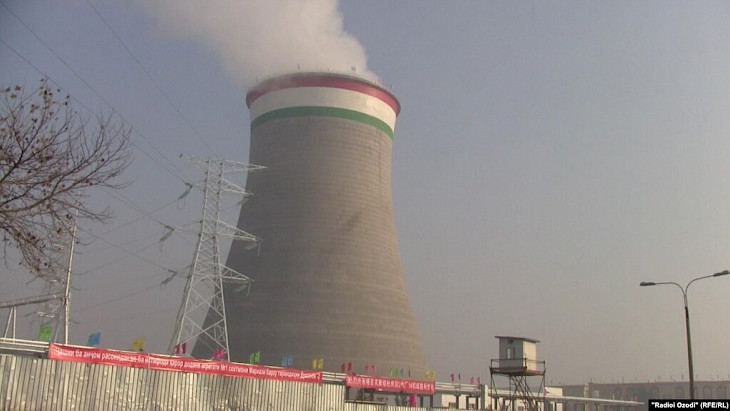Kyrgyzstan and Tajikistan have the smallest share of carbon dioxide (CO2) emissions in the world, which is attributed to the high proportion of hydropower in their energy production. This was stated by the Managing Director and Head of the Directorate for Sustainable Development of the Eurasian Development Bank, Conrad Albrecht, at the Multilateral Forum on Northern and Central Asia's Sustainable Development in Almaty, Avesta reports.
He noted that the volume of CO2 emissions in Central Asia significantly exceeds the region's weight in the global economy in terms of both GDP and population.
According to Albrecht, the largest sector in the structure of greenhouse gas emissions sources in the region is the energy sector, accounting for 42% of total emissions, followed by industry, transportation, construction, and agriculture.
"These five sectors are responsible for 90% of greenhouse gas emissions in the region," he said.
The EDB representative emphasized that all Eurasian region countries take the issue of climate change very seriously, are aware of their direct contribution to the global agenda, and are ready to make ambitious commitments for decarbonization.
"Nevertheless, Central Asian countries still require significant support from multilateral development banks: climate financing directed to the region is increasing, but it is still orders of magnitude smaller compared to the amounts received by other low- and middle-income countries," highlighted Conrad Albrecht.
He added that multilateral development banks provide valuable assistance and have special programs focused on Central Asia, which offers great potential for synergy between them.
Official data shows that in Tajikistan, over 93% of electricity was generated by hydropower plants in 2022. The same indicator in Kyrgyzstan is more than 90%. In contrast, in the three lower reaches of transboundary rivers (Kazakhstan, Turkmenistan, and Uzbekistan), about 90% of electricity is produced by thermal power stations (TPS).
The Minister of Energy and Water Resources of Tajikistan, Daler Juma, stated at the World Hydropower Congress in Jakarta last week that hydropower resources are renewable and environmentally clean, contributing to the reduction of harmful emissions into the atmosphere and preserving hydrocarbon fuel reserves for future generations.
He emphasized that hydropower in Central and South Asia has significant opportunities for the region's development and the transition to zero emissions.
The Minister concluded that the use of hydropower resources can make a significant contribution to energy security and economic development in light of the rapid population growth and energy demand in the region.
CentralasianLIGHT.org
November 7, 2023

